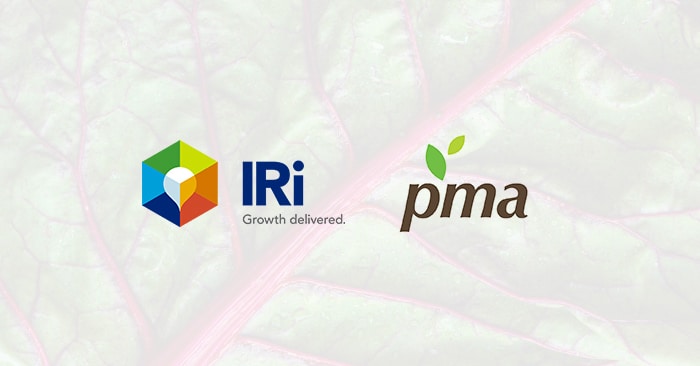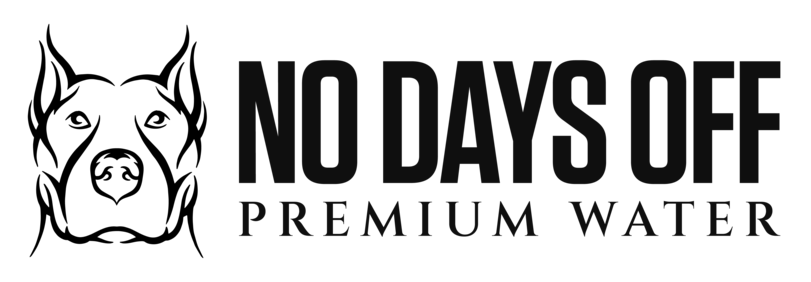COVID-19 News Roundup: New Food Workers Bill, Cannabis Update

As the food industry adjusts to some version of ‘new normal,’ legislation was introduced this week to extend food workers’ financial protections during COVID-19, while the SAFE Banking Act for cannabis businesses was added to the House’s latest stimulus bill. Here’s the latest COVID-19 news from around the industry this week.
PA Reps Introduce AG CHAIN Act to Help Food Workers
A bill introduced Tuesday by Rep. Glenn ‘GT” Thompson (PA) and Dwight Evans (PA) would extend front line food worker tax protections during COVID-19. The Assistance and Gratitude for Coronavirus Heroes in Agribusiness (AG CHAIN) Act would provide a federal tax holiday and payroll tax exemption for all essential employees in the food and agriculture industry, as recently defined by the Department of Homeland Security (DOHS). These benefits would be applicable from February 15 to June 15 for workers who earn under $75,000 annually. It would also provide the Treasury discretion to extend the provisions by three months.
A similar bill, the Giving Retailers and Our Convenience Employees Relief (GROCER) Act, was introduced last month for grocery and convenience store workers.
“We need to help the workers who are keeping America fed during this crisis,” Rep. Evans said in a release. “This bipartisan bill would complement our proposed GROCER Act by helping even more of the people who are doing just that, and I believe it’s something that most of us should be able to agree on.”
The AG CHAIN Act received support from industry organizations including the National Grocers Association (NGA) and the Food Industry Association (FMI.)
“Supermarket workers and our supply chain partners remain on the job and are truly essential to America’s coronavirus response,” Jennifer Hatcher, FMI’s chief public policy officer, said. “The AG CHAIN Act recognizes the efforts of the food industry and gives our frontline associates well-deserved tax relief for their commitment to ensuring that grocery stores are open and stocked during this national emergency.”
Cannabis Update: COVID Bill Includes SAFE Banking Act
The latest COVID-19 economic relief bill, the Health and Economic Recovery Omnibus Emergency Solutions (HEROES) Act, could help cannabis businesses secure banking access, a longtime hurdle for the industry. The $3 trillion spending bill, introduced by Speaker of the House Nancy Pelosi Tuesday, includes the Secure and Fair Enforcement (SAFE) Banking Act, which provides financial protections for cannabis, hemp and cannabidiol (CBD) businesses.
The House is expected to vote on the HEROES Act today.
The SAFE Banking Act passed through the House in September after an amendment to include CBD and hemp was added, but the bill would still need Senate support. It protects banks and other financial institutions from federal punishment for transactions involving legal cannabis products, and directs federal regulators (such as FDIC and Federal Reserve) to provide clear, formal guidance to banks, credit card companies and other institutions regarding the legality of the industry.
In the meantime, some state representatives want help move the industry forward: for example, in March, Virginia passed a bill deeming hemp extract a food and establishing requirements for its use in food products.
PMA and IRI: Produce and Perimeter Trends During COVID-19
While consumers stock up on center store staples, they’re also increasingly finding their way to frozen fruits and vegetables, according to a report by Produce Marketing Association (PMA) and research firm IRI.
During the first week of May, fresh perimeter sales grew 23.3%, while total store including fresh perimeter grew 18.3%. For the second week in a row, fresh took 79% of produce sales, but both frozen and canned produce were up year-over-year, frozen at 9% (versus 6% in 2019) and shelf-stable at 12% (versus 10% in 2019.)
Frozen vegetable and fruit sales grew 40.6% and 53.3%, respectively, while canned vegetables and fruit sales grew 43.3% and 18%, respectively.
The report references an April consumer survey by the American Frozen Food Institute (AFFI) and 210 Analytics, which found that 15% of frozen food shoppers expressed concerns about buying fresh produce during COVID-19. Packaged produce reached 51.2% of sales during the pandemic, up from 47.1% in the year ending late January — a trend PMA expects to continue.
“In recent years, the packaging debate was dominated by sustainability,” said Joe Watson, PMA’s VP of membership and engagement. “Now, consumers are much more cognizant of the food safety function of packaging. This could result in sustainability taking a back seat to food safety in the consumer needs hierarchy in the foreseeable future.”
Fresh produce is also likely to grow, the report notes, having generated an additional $205 million in sales last week compared with that week last year.
NACS Show Still On for October
The National Association of Convenience Stores (NACS) confirmed, as of Tuesday, that its trade show will run as planned at the Las Vegas Convention Center October 11-14. However, NACS president and CEO Henry Armour noted “preparedness plans [are] evolving daily in light of new guidance on COVID-19” with the organization stating it is working closely with local, state and federal agencies, health officials and venue partners for guidance.
“Our team is taking precautions and proactively running contingency scenarios to guarantee we deliver the same high-quality networking, access to new products, and thought leadership without jeopardizing anyone’s well-being,” Armour said. “We’ve heard positive stories about how our industry has innovated to adapt to quickly changing times. We’re looking forward to continuing this momentum in October.”
That said, the organization has extended its cancellation policy to 30 days before the show.
The NACS Show usually attracts about 24,000 global attendees. In 2005 the organization moved its New Orleans show due to Hurricane Katrina, and last month shifted its State of the Industry (SOI) Summit to an online conference.


















